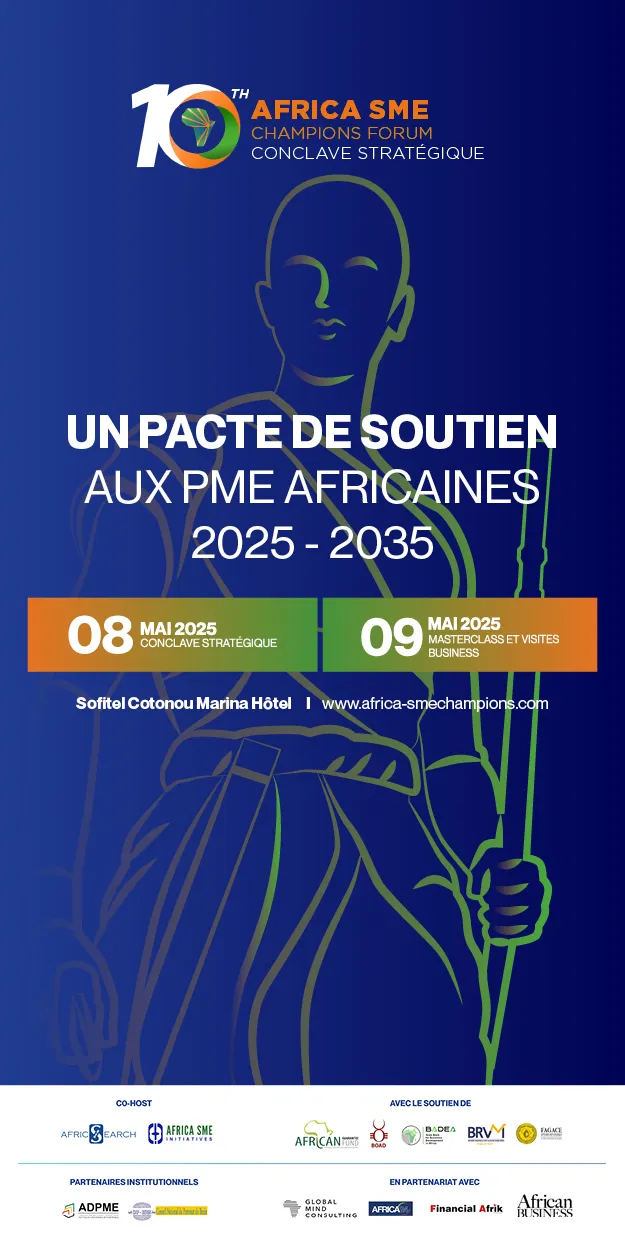It is not often enough the papers are dominated by headlines celebrating the success of an African leader in the fight towards peace and prosperity, writes Peter Burdin.
But last week saw this all too rare spotlight on the continent’s success stories shine on Ethiopian Prime Minister Abiy Ahmed, awarded the Nobel Prize last week for forging a peace with and ending the decades long conflict with neighbouring Eritrea.
Following his unexpected rise to the Prime Minister’s Palace in Addis Ababa, Abiy has been the most closely watched leader on the African continent. The country he governs is spoken of in increasingly excited terms regarding its future potential. GDP growth figures regularly breaching double digits and one of the world’s youngest populations are the foundation stones of this optimism.
Since taking office, Abiy has employed an oft-repeated refrain when speaking in Ethiopia and elsewhere, he calls on his crowds to “building bridges and breaking down walls”. This is the kind of language that is often missing from contemporary Western politics where it has become more common to hear leaders talking of building walls than breaking them down. Perhaps it is time for them to take a leaf out of his book.
Abiy’s success should not come as a surprise. Before he entered office, he made no secret of the fact that he wished to change Ethiopia, from the inside, and quickly. And that is exactly what he has done.
He has enacted both political and economic reforms that some argue have left Ethiopia virtually unrecognisable to the country it was before he took office. He began by loosening a tightly controlled state-run economy, whilst making significant political reforms, such as pledging multiparty elections and has successfully courted many of the government’s most forceful critics, including the Ethiopian diaspora.
Leaders of a previously outlawed opposition groups have returned to Ethiopia and he has appointed a 50% female cabinet, a victory few leaders elsewhere in the world can claim.
But what has been far Abiy’s most significant and high profile success has been the ending of two decades of hostilities between Ethiopia and neighbouring Eritrea. The resolution is the latest example to the world that even the most deeply entrenched foes can overcome seemingly intractable conflicts, injecting hope into a people who previously had little.
In both Ethiopia and Eritrea, the human relief that came from the end of the conflict has been palpable. Abiy’s actions have reunited families and encouraged Ethiopians to step across religious and ethnic fault lines, to see each other as compatriots rather than rivals.
Of course, peace on the Ethiopian/Eritrean border was not something that came through Abiy’s efforts alone. It required Eritrean President Isaias Afwerki to accept the hand that Abiy was reaching out. It also required the help of international actors. The UAE in particularly played a significant role in brokering peace between the previously warring nations. The Emirati role as brokers, was rooted in the country’s significant investment in the region, including $3bn in aid to Ethiopia in recent years, whilst maintaining a military base in Eritrea for the past 4 years.
The Gulf’s significant and growing interests in the region is an intriguing subplot that will rumble on throughout the Horn of Africa for years to come. Whilst debate will continue over whether this is growing presence is wholly beneficial, it is clear that in this respect that Emirati influence helped accelerate a positive outcome.
The Gulf’s growing interest in the Horn comes at a time when major challenges still lie ahead. Many, including Abiy himself, have conceded that the Prime Minister’s hardest challenges may still lie ahead. Despite his best efforts, Abiy’s drastic reforms have caused sectarian violence to flare and in some cases have entrenched resistance from authoritarian figures.
However, this shouldn’t detract from his significant role in forging peace, something that should always be held up as an example for others. The recognition of this by the Nobel Prize Committee is important in showing that there is an alternative to the hostile political environment that so many of us have become accustomed to. Abiy’s refreshing attitude brings hope to the people of Ethiopia and to wider Horn, and we must encourage others to follow his lead.
Peter Burdin, former BBC News Africa Bureau Chief, with over 35 years’ experience working in the BBC News International Affairs department, including his 5 year stint in Nairobi and then Johannesburg heading up the Africa Bureau.
Want to continue reading? Subscribe today.
You've read all your free articles for this month! Subscribe now to enjoy full access to our content.
Digital Monthly
£8.00 / month
Receive full unlimited access to our articles, opinions, podcasts and more.
Digital Yearly
£70.00 / year
Our best value offer - save £26 and gain access to all of our digital content for an entire year!

 Sign in with Google
Sign in with Google 





